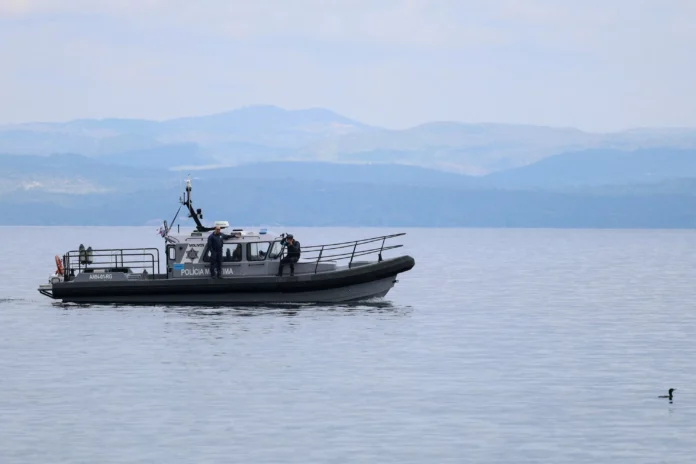The European Union’s border agency, Frontex, has recently announced that it is launching an investigation into several alleged human rights violations by Greece in its handling of irregular migration. This news has sparked concern and raised questions about the treatment of migrants at the EU’s external borders.
According to Frontex, the investigation will focus on incidents that have been reported by non-governmental organizations and media outlets. These incidents include allegations of pushbacks, violence, and other forms of mistreatment towards migrants attempting to cross into Greece from Turkey.
The EU’s border agency has stated that it takes these allegations very seriously and is committed to ensuring that all member states uphold the highest standards of human rights and international law. Frontex has also emphasized the importance of transparency and accountability in its operations, stating that any violations will not be tolerated.
The investigation comes at a crucial time as the EU is facing a significant increase in irregular migration, particularly in the Eastern Mediterranean route. This has put a strain on the already overwhelmed Greek authorities, who have been struggling to manage the influx of migrants.
However, this does not excuse any potential human rights violations. The EU and its member states have a responsibility to ensure that the rights of migrants are respected and protected, regardless of the challenges they may face.
Frontex’s decision to launch an investigation is a step in the right direction towards addressing these allegations and holding member states accountable for their actions. It also sends a strong message that the EU is committed to upholding its values and principles, including the protection of human rights.
The EU has been criticized in the past for its handling of the migration crisis, with some accusing it of turning a blind eye to human rights violations in order to secure its borders. However, this investigation shows that the EU is taking a proactive approach in addressing these issues and is willing to take action against any member state that fails to comply with its standards.
It is also important to note that this investigation does not solely focus on Greece. Frontex has stated that it will also look into allegations of human rights violations in other member states, including Croatia and Hungary. This demonstrates the EU’s commitment to ensuring that all member states uphold the same standards when it comes to the treatment of migrants.
The EU has a duty to protect the rights of all individuals, regardless of their nationality or immigration status. This includes providing a safe and dignified environment for migrants, as well as ensuring that their asylum claims are processed fairly and efficiently.
Frontex’s investigation is a positive step towards addressing the issue of human rights violations at the EU’s external borders. It shows that the EU is willing to take action and hold member states accountable for their actions. It also sends a message to the rest of the world that the EU is committed to upholding its values and principles, even in the face of challenges.
In addition to the investigation, the EU must also work towards finding a long-term solution to the migration crisis. This includes addressing the root causes of migration, such as poverty, conflict, and climate change, and implementing a fair and efficient asylum system.
In conclusion, the EU’s border agency’s decision to launch an investigation into alleged human rights violations by Greece is a positive step towards addressing these issues and upholding the EU’s values and principles. It is a reminder that the EU must continue to prioritize the protection of human rights, even in the face of challenges. Let us hope that this investigation leads to positive changes and a more humane approach to managing irregular migration in the EU.


